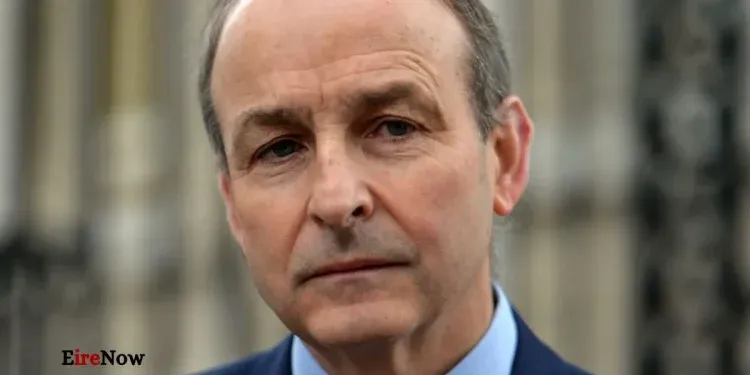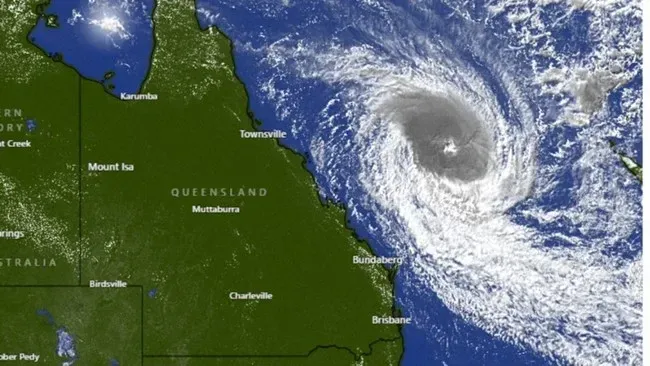DUBLIN – The Cabinet has approved a comprehensive set of changes to Ireland’s migration system, including a new five-year waiting period for refugees seeking full citizenship. Minister for Justice Jim O’Callaghan stated that refugees who are working will now be given preferential treatment in the citizenship application process.
The Minister confirmed the key measures are aimed at balancing the country’s high population growth rate—1.5% annually, seven times the EU average—with the need for a rules-based system.
Key Changes Affecting Refugees and Asylum Seekers
The approved measures introduce stricter conditions across citizenship, family reunification, and State accommodation:
- Citizenship Wait Time: Refugees granted status must now wait five years before they can apply for citizenship.
- Welfare Check & Worker Preference: Welfare benefits claimed during that five-year period will be scrutinized. Minister O’Callaghan confirmed those in employment will “fare better” in their application. Refugee status can also be revoked if the individual is deemed a threat to the State.1
- Asylum Seeker Contribution: Employed asylum seekers will soon be required to contribute a percentage of their weekly income toward their State accommodation costs (IPAS).2
- The contribution ranges from 10% to 40% of weekly income.3 For example, a person earning up to €150 a week would pay around €15, while someone earning up to €340 a week would contribute approximately €83.4
Stricter Family Reunification Rules
The process for family members to join the principal applicant in Ireland will also be tightened:
- Longer Wait: Applicants will face a longer waiting period before other family members can join them.
- Financial Self-Sufficiency: Applicants must demonstrate they are financially self-sufficient under revised income rates.
- New Fee: A new fee will be introduced for the family reunification application process.
Political Reaction: ‘Virtue Signalling’ vs. ‘Common Sense’
The proposals drew sharp criticism from Opposition parties on the left, while Government leaders defended the “tightening up” of procedures.
| Stance | Speaker | Key Comment |
| Opposition Criticism | Ged Nash (Labour TD) | Accused Minister O’Callaghan of “virtue signalling.” |
| Gary Gannon (Soc Dems TD) | Claimed the proposed changes are “filled with holes” and have “cruelty built into aspects of it.” | |
| Ruth Coppinger (PBP-Solidarity TD) | Accused the Coalition of “aping Nigel Farage” and “scapegoating” asylum seekers and refugees. | |
| Government Defence | Taoiseach Micheál Martin | Said the proposals are a “necessary tightening of procedures” but insisted they are “not a reaction to British policy.” |
| Tánaiste Simon Harris | Argued the system needs to be “grounded in common sense and is rules based.” He stated that contributions from earning asylum seekers would assist in social cohesion, bringing Ireland in line with other countries. |
Human Rights Body ‘Very Concerned’
The Irish Human Rights and Equality Commission (IHREC) expressed “very concerned” about the new measures, stating they appeared to restrict rights in areas like family reunification and citizenship, which have been cornerstones of Ireland’s integration policy.
Chief Commissioner Liam Herrick warned that the UK is “clearly going in a direction which is counter to fundamental rights,” and expressed concern that Ireland may be following suit without adequately considering the impact on people’s rights. He questioned the practical impact of the measures, noting that many people in IPAS accommodation cannot access private rental housing.







